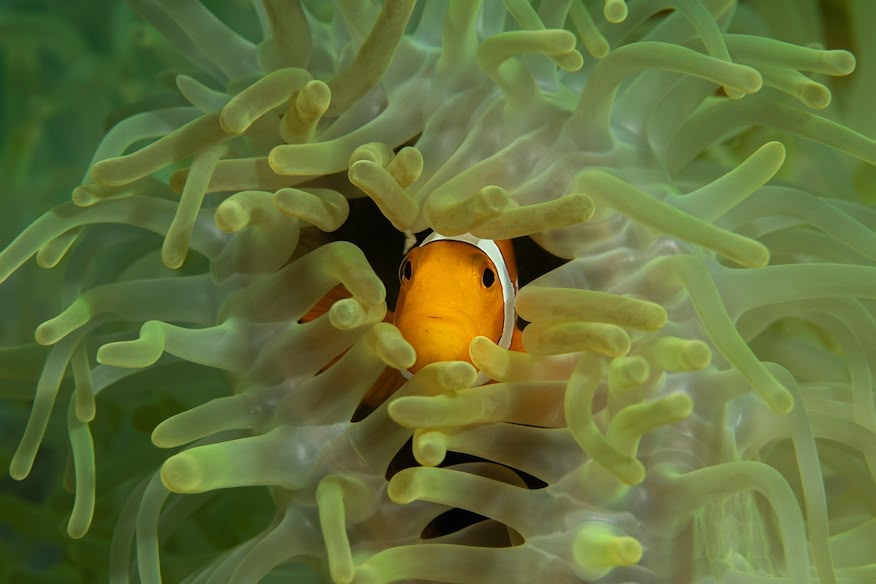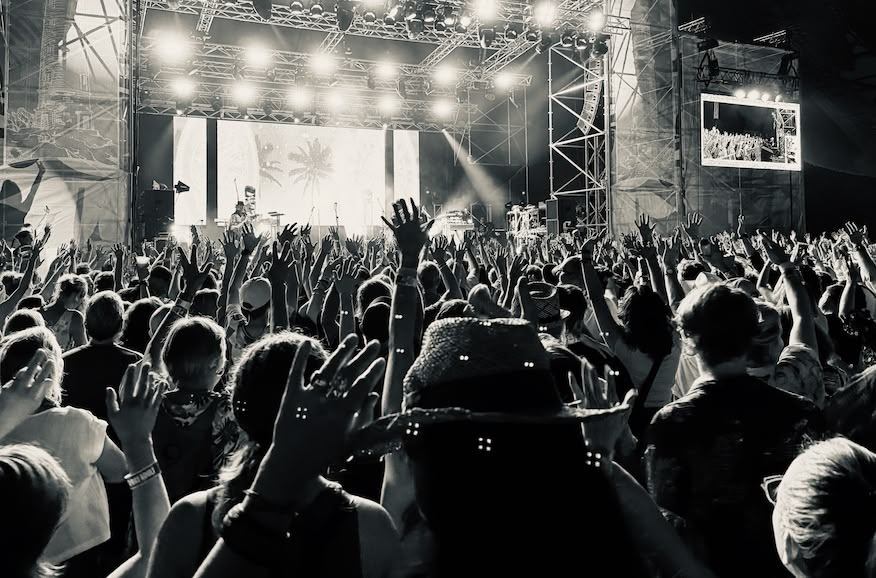Insights straight to your inbox
Our Blog and Global Connections (our monthly newsletter) are where we share updates covering insights about what we’re learning and experiencing in our work on raising emotional health levels across the world. Join us on this journey.

















